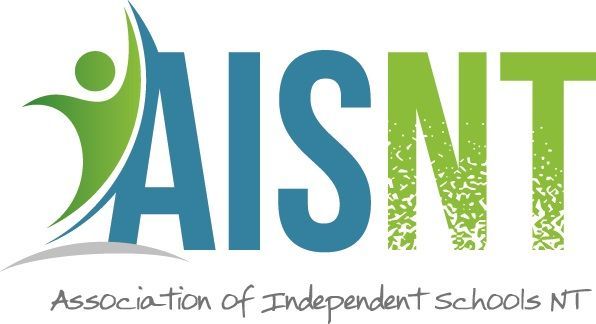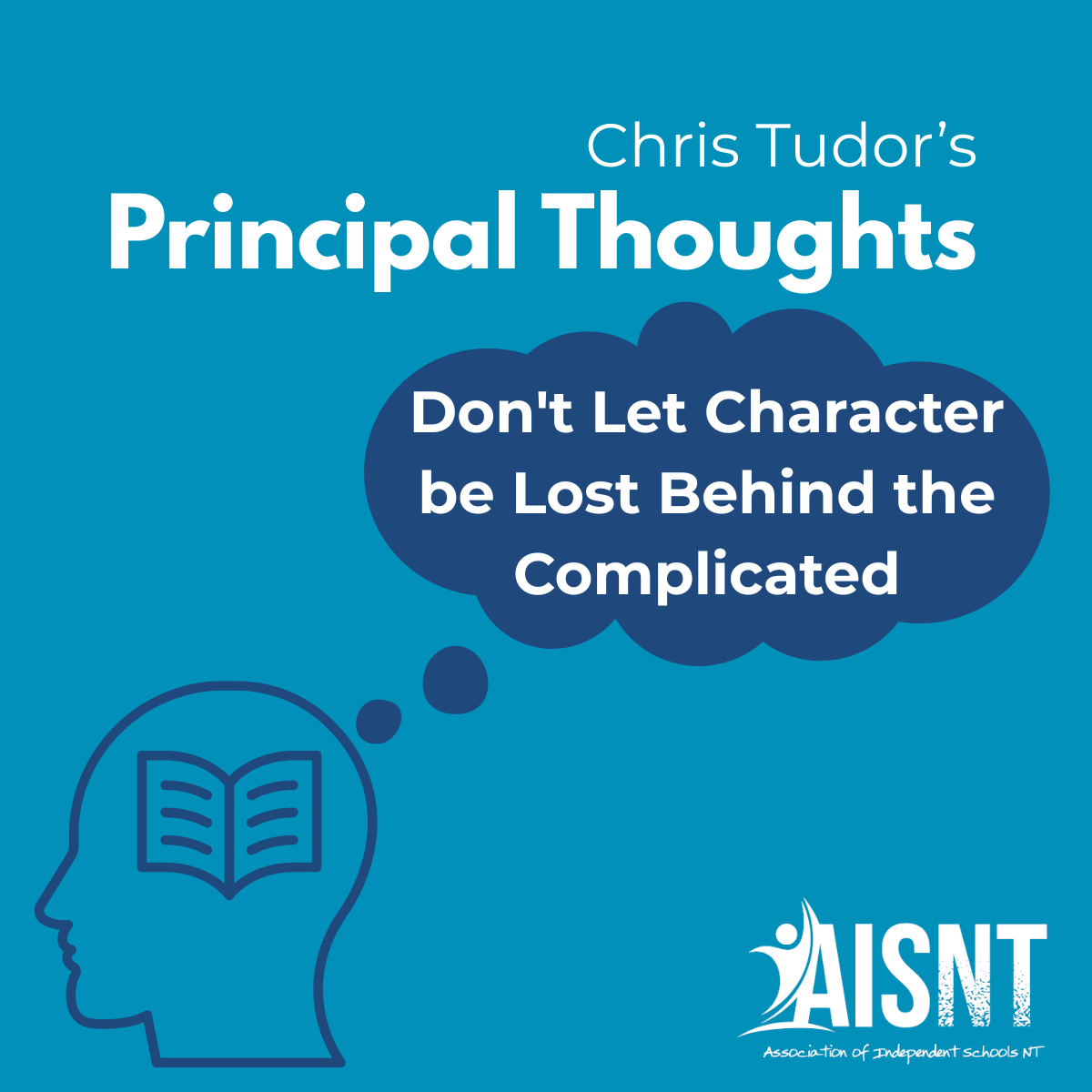PRINCIPALS ARE LEADERS WITH A CHALLENGING TASK
Principals are leaders. Regardless of the time or the circumstance the Principal is the leader of the school. There may be tough times when, as a Principal, you wish you weren’t leader of the school. It is during these times you may be lucky enough to have a Deputy who can be a wise confident and in any case hopefully your Deputy is always a supporter of you. It is also helpful if you have a Board Chair who can be another confident, who is a good listener and who may be able to make useful suggestions. However you as the Principal are in charge of the daily operation of the school. If the Board Chair decides they want to be in charge of the day to day running of the school, disaster is likely to follow. The Board Chair is responsible for the Governance of the school and the Principal must be able to work effectively with them. The staff must see the Principal as the person who appoints them and to whom they go, not the Board.
Good governance is vital in all organisations and as the Principal you should be aware of all the issues facing the school. In my understanding the Principal, as the CEO, should attend all Board meetings. Personally, I can’t recall a Board meeting I didn’t attend, unless it was to discuss my salary or terms of appointment. Being excluded from Board meetings sets up a climate of mistrust which is unhelpful and counter-productive.
Understanding Governance is essential for a Principal. I had members of my Board keen that I become a member of AICD - the Australian Institute of Company Directors. Eventually I did join and benefited from their expertise in Governance. As the CEO the Principal should play a key part in a Board and not simply sit there silently. Whilst the Board has carriage of the School’s Strategic Plan they should always be looking to the Principal for their vision and ideas. A Board should be concerned if nothing is forthcoming. A Principal, whilst necessarily an administrator, is a leader and leaders should have good ideas as to where their organisation should travel. After all, nobody will know and understand the School more than the Principal. I recall the story of a Board Chair asking a question of the Principal about the financial situation, which the Principal couldn’t even approximate an answer which was a very unfavourable response and was treated accordingly. I believe a Principal should be always pressing the Board with their ideas and ways of achieving them. Mind you, in my early days I received short shift when I went to the Board with creative ideas that were not well considered. I soon rectified that. The Board must have confidence in its Principal.
In reporting to the Board the Principal should make it aware of any risks. Two of these would be if they have had to expel a student or dismiss a staff member. Obviously the Principal would usually inform the Chair first, most probably discussing the issues before acting. There are often financial implications with a dismissal.
The relationship between the Principal and Chair is so important. They should work together for the benefit of the school. The Principal and the Chair falling out can produce a real crisis, as indeed if the Principal and the Board fall out. One would expect that if the Principal and the Chair are working well together then all will be OK with the Board. If it is not there is also a real problem, not easily solved. A principal having experience on another Board can be really important though it is not always easy to acquire.
I know this is not favoured by all Boards but I feel 6 or 7 well prepared and constructed Board meetings a year should be sufficient, if the Board has an effective committee structure. Preparation for meetings is time consuming and a Board surely doesn’t want the Principal and Business Manager spending their lives preparing for meetings and not leading the school. I’ve been on Boards that have monthly meetings and I think that is far too much. It is important that preparation for meetings is excellent. Between meetings Committees are there to do their work. Too many meetings and it is possibly hard to get people to commit to the board. Capable people today are often time - poor.
The role of Chair is a special one and demands a large commitment. I benefited from having lunch with my chair weekly. We could discuss important issues, education in general or simple talk about the affairs of the world, but always ensuring we had an effective relationship. Whilst staffing was my issue the chair would be keen to know about the morale of the staff.
Over the years I was fortunate to develop my understanding of the various roles in an organisation. I was Chair of AISNT for 17 years, Independent Schools Australia for 3 years, Somerville Community Services for 9 years. I leant how important, but taxing the role of Chair was and the significant responsibility it carried. It is a position not to be taken on lightheartedly. An organisation has to be careful about pushing a reluctant person into that position because someone else can’t be found.
I want to change tack a little. The wonderful Jesuit Head Chris Gleeson SJ who has authored several books, notes in his book “Spring Boards” the comment made by Napoleon Bonaparte on leadership which set my mind going.
Here it is: “A leader is a dealer in Hope.” Ultimately Napoleon was a dictator (Emperor), so he didn’t have to be answerable to a Board. But he did carry the fate of thousands of men in his hands. I guess we as Principals perhaps carry the Hopes of our school communities in our hands. We are not just blindly educating but doing what we can to foster and honour the hopes of Students and Parents and in this we are educating for the individual. The saddest memories I have was when I felt we failed in this.
An important part of my role as Principal was the Pastoral care of staff. A happy staff is likely to be an effective staff. Staff must trust you and you must be prepared to understand, if possible, their point of view. I had a strict policy to always support staff in their careers. If someone had an opportunity which meant they were leaving at an inconvenient time, I never made an issue of it but congratulated them and wished them well. It was essential that you provided a listening ear to hear about the aspirations of staff.
There was a move (not at my school) during my time for the leader of the School to be a business person/administrator. I thought it was a terrible idea. The focal imperative of schools are people - students, parents, teachers, other staff and the community as well and the prime purpose of schools is education, good, solid, appropriate education, led by an excellent educator not simply an administrator. The Principal’s prime role is education and if this is not a 100%, moral will go down and there will be trouble.
An old Business Manager I had much to do with, who had been BM of an elite Victorian school, always used the old-fashioned title of Bursar. He said that this title had emerged from monastic times when the Bursar was the person who ensured that the Monastery was well provided for. The Bursar was seen as the “Father of the Monastery” the Father being traditionally the “Provider.” I was fortunate to have him do some locums at St Philips. Imbued with this philosophy this Business Manager was there to ensure that as much as possible what I wanted to do as Head and what the Board wanted to achieve was as humanely as possible and creatively provided for. He was not the Principal, he was the Provider. I loved the way he would deal with challenges creatively: “It won’t work this way but if we do A, B and C we can make it happen.”
Yes, indeed Principals are important leaders in our community. Their role should be respected and not belittled in any way. Communities that respect their schools are surely at an advantage over those that take their schools for granted. So those that respect their Principals will be at an advantage. It is a tough job but there is no denying it is a wonderful one.
Chris Tudor,
AISNT Historian & Principal Liaison



